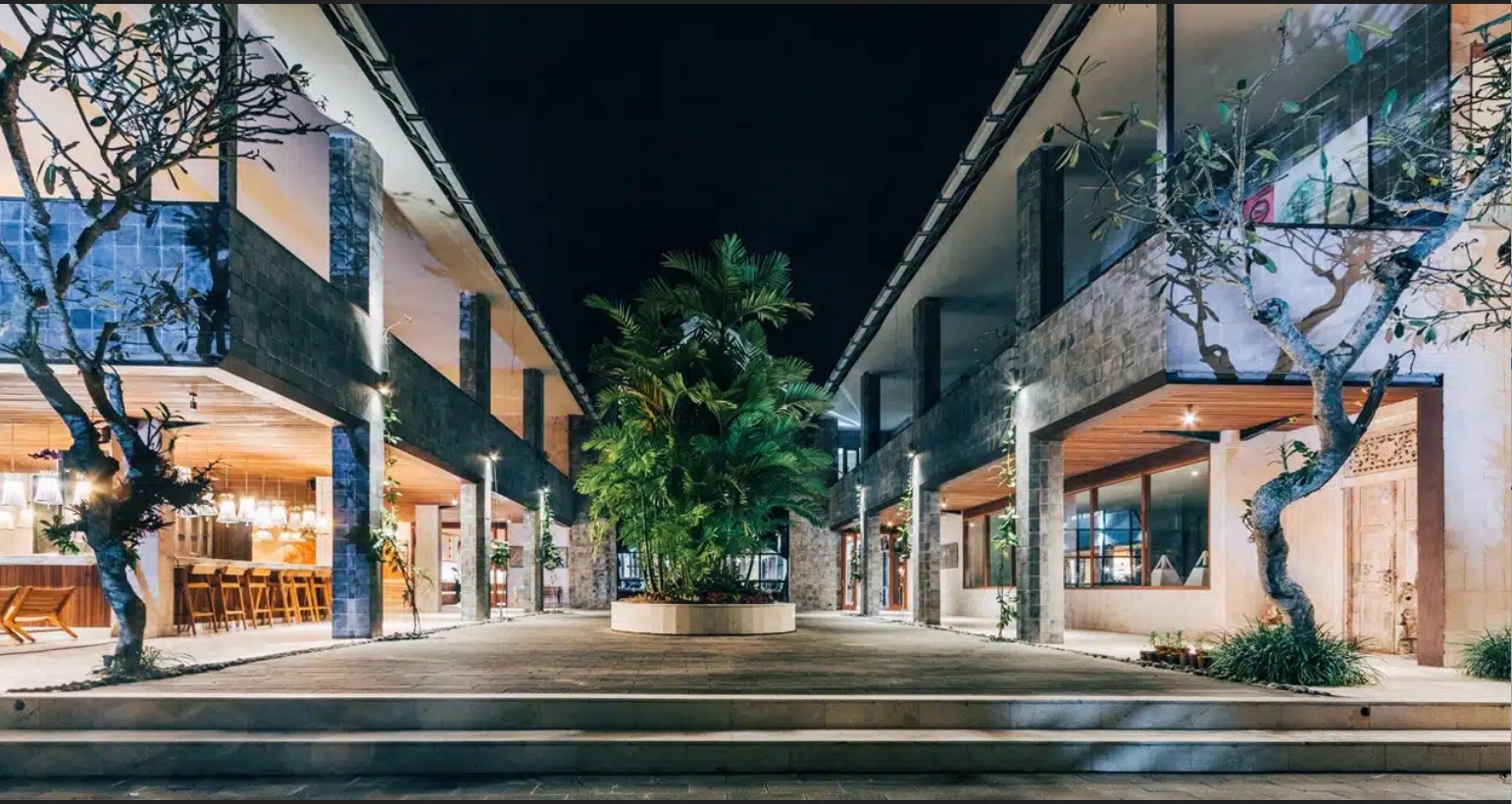In a significant development following its official shutdown, ParQ Ubud, a residential and commercial complex commonly referred to as the “Russian Village,” has been officially acquired by long-time Bali-based entrepreneur and investor Sergey Solonin.
The acquisition, completed in accordance with Indonesian legal standards and with support from relevant government authorities, marks a pivotal transition in the site’s management and signals a concerted effort to address its controversial past.
In an official statement, Solonin emphasized that the takeover represents a commitment to dismantle the site’s contentious history and align its future with accountability, legal transparency, and respect for Indonesian cultural values.
“The development of Bali must go hand-in-hand with the preservation of its cultural identity. We are committed to aligning our initiatives with the government’s vision to ensure that development is both responsible and beneficial to investors and local communities,” Solonin said in a written statement reported by AntaraNews on June 21, 2025.
He acknowledged the concerns raised over the impact on local workers during the site’s troubled phase.
“One of our top priorities is to rebuild public trust and ensure that employment opportunities for local residents are not only preserved but also expanded,” he added as quoted by Kompas.com .
Toward Responsible and Inclusive Investment
The reimagined vision for ParQ Ubud focuses on cultural inclusivity, environmental sensitivity, lawful land use, and collaborative governance. Solonin stressed that the location should belong to and benefit the local community.
Solonin’s team has pledged to work closely with cultural leaders, community figures, and local authorities to guide the transformation. More detailed plans for the area’s redevelopment are expected to be announced in the coming weeks.
Once a thriving creative hub featuring gyms, pools, and various shops, ParQ Ubud had long struggled with unclear land status and licensing issues. The new ownership aims to bring legal certainty and a clearer direction to the property’s future.
Solonin, who has been involved in various business and social initiatives across Indonesia, stated that this acquisition is intended to serve as a model for responsible, sustainable investment in Bali—one that delivers both economic returns and socio-cultural value.
The transformation of ParQ Ubud is still in its early stages, but the transition sets a precedent for how foreign-led developments in culturally sensitive areas must engage with local norms, laws, and communities moving forward.
The Controversial Closure of ParQ Ubud
The acquisition by Solonin follows the official shutdown and disbandment of ParQ Ubud on January 20, 2025, by the Gianyar Regency Government in Bali. The closure was carried out by the Civil Service Police Unit (Satpol PP) following violations of local regulations.
ParQ Ubud, located on Jalan Sriwedari in Tegallalang, Ubud, was known for its mix of apartment-style accommodations, co-working spaces, restaurants, and wellness facilities. However, the Gianyar administration deemed that the operation breached Article 19, Paragraph 3 of Regional Regulation No. 15/2015 on Public Order, as well as Regional Regulation No. 2/2022 on Risk-Based Business Licensing.
The shutdown was authorized through Gianyar Regent’s Decree No. 285/E-09/HK/2025, which instructed the business to cease all operations. The enforcement was carried out under the direct order of the Regent via a formal assignment letter to Satpol PP Chief I Made Watha. A video showing the sealing of the premises by enforcement officers went viral, with footage revealing tense arguments between authorities and alleged ParQ representatives.
The controversy surrounding ParQ Ubud had been brewing since November 2024, when the site was temporarily closed due to regulatory noncompliance. However, the business failed to meet the requirements for reopening, ultimately resulting in a permanent closure.
Critics noted irregularities in the property’s development, including its location on protected agricultural land and and a lack of complete permits. The situation sparked widespread debate on social media, with many Indonesians expressing concerns over foreign control and disregard for local regulations.
Sources: AntaraNews, Liputan6.com, Kompas.com
Feat Image: via IG/@parqspace

